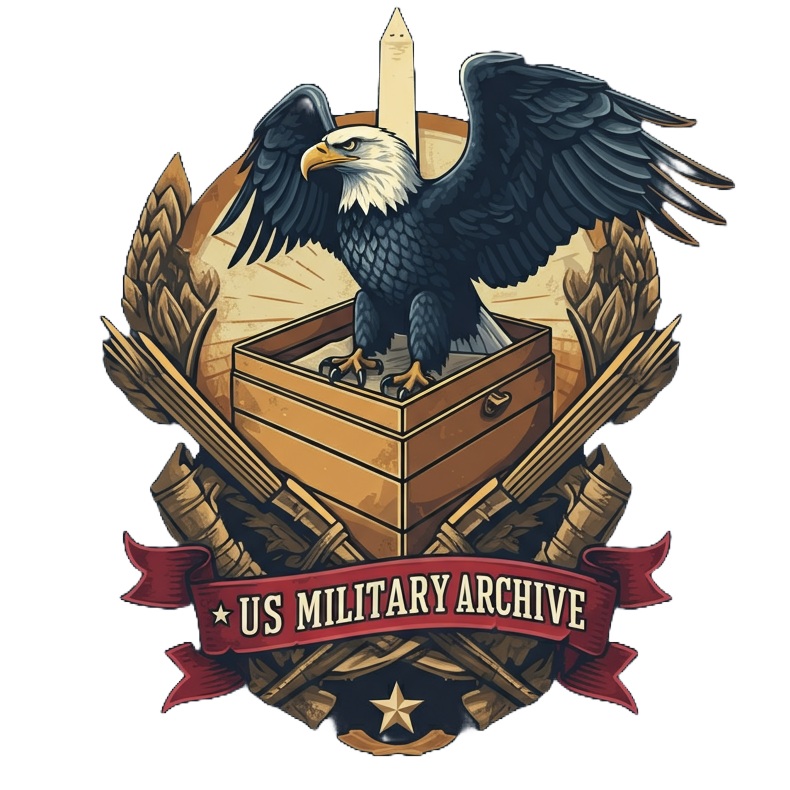Article Text
The United States Navy SEALs (Sea, Air, and Land Teams) are one of the world's most renowned and respected special operations forces. Known for their rigorous training, exceptional versatility, and critical role in U.S. national security, SEALs undertake missions ranging from direct action and counter-terrorism to special reconnaissance and unconventional warfare, often in the most challenging and hostile environments globally.
From Frogmen to Phantoms: The Genesis of the SEALs
The lineage of the Navy SEALs traces back to World War II, with the formation of specialized units like the Naval Combat Demolition Units (NCDUs), Underwater Demolition Teams (UDTs), and OSS Operational Swimmers. These "Frogmen" were crucial for amphibious landings, clearing obstacles, and conducting reconnaissance.
Recognizing the need for a dedicated maritime special operations force, President John F. Kennedy officially established the first two SEAL Teams (Team ONE on the West Coast and Team TWO on the East Coast) in January 1962. These early teams drew heavily from UDT personnel and were quickly deployed to Vietnam, where they honed their skills in guerrilla warfare, direct action, and intelligence gathering in the challenging riverine and coastal environments.
Forging the Trident: BUD/S and SQT
Becoming a Navy SEAL is an arduous endeavor, centered around Basic Underwater Demolition/SEAL (BUD/S) training – one of the most physically and mentally demanding military training programs in the world. Candidates, typically drawn from the Navy, endure over six months of intense challenges designed to push them to their absolute limits.
BUD/S is divided into three phases:
First Phase (Basic Conditioning): Focuses on extreme physical conditioning, water competency, and mental tenacity. This phase includes "Hell Week," a grueling five-and-a-half-day period where candidates operate on minimal sleep (around four hours total) while facing continuous physical tasks, cold water immersion, and stress. The attrition rate here is exceptionally high.
Second Phase (Diving): Concentrates on combat diving skills, including open-circuit (SCUBA) and closed-circuit (rebreather) operations. Trainees learn underwater navigation, search techniques, and diving physics.
Third Phase (Land Warfare): Covers basic weapons, demolitions, small unit tactics, patrolling, rappelling, and marksmanship.
Upon successful completion of BUD/S, candidates proceed to SEAL Qualification Training (SQT), a further 26-week course that refines their skills in advanced tactics, techniques, and procedures. This includes training in communications, tactical medicine, close-quarters combat (CQB), SERE (Survival, Evasion, Resistance, and Escape), and more specialized maritime operations. Only after successfully completing SQT do candidates earn the coveted Navy SEAL Trident insignia.
Tip of the Spear: Diverse Missions and Operations
Navy SEALs are trained for a wide spectrum of operations, adaptable to any environment – sea, air, or land:
Direct Action (DA): Short-duration strikes and offensive actions, such as raids, ambushes, and sabotage.
Special Reconnaissance (SR): Covert surveillance and intelligence gathering deep within hostile territory.
Counter-Terrorism (CT): Operations to prevent, deter, and respond to terrorist threats, including hostage rescue.
Unconventional Warfare (UW): Supporting foreign resistance movements or insurgencies against hostile governments or occupying powers.
Foreign Internal Defense (FID): Training and advising allied nations' military and paramilitary forces.
Hostage Rescue (HR): Specialized operations to liberate hostages.
While many SEAL operations remain classified, some have become public knowledge. SEALs participated significantly in conflicts in Vietnam, Grenada, Panama, the Persian Gulf War, Somalia, Bosnia, Kosovo, Afghanistan (Operation Enduring Freedom), and Iraq (Operation Iraqi Freedom). Perhaps the most high-profile SEAL mission was Operation Neptune Spear in May 2011, which resulted in the death of Osama bin Laden in Abbottabad, Pakistan.
The SEAL Ethos: "The Only Easy Day Was Yesterday"
A core component of the SEAL identity is the SEAL Ethos, which emphasizes principles like loyalty, integrity, discipline, teamwork, and an unwavering commitment to mission success. The unofficial motto, "The Only Easy Day Was Yesterday," reflects the continuous pursuit of excellence and readiness for any challenge. SEALs operate with a quiet professionalism, often avoiding public attention despite the high-stakes nature of their work.
SEALs in Popular Culture
The mystique and undeniable capabilities of the Navy SEALs have made them a popular subject in books, films, and video games. Works like "Lone Survivor," "American Sniper," and "Zero Dark Thirty" (depicting the bin Laden raid) have brought SEAL operations to a wider audience, though often with dramatization. While these portrayals raise public awareness, the reality of SEAL life and operations is grounded in intense training, meticulous planning, and a deep sense of duty rather than Hollywood glamour.
Conclusion: A Versatile and Vital Force
The U.S. Navy SEALs stand as a critical component of America's special operations capabilities. Their rigorous selection and training produce operators capable of executing complex missions in the most demanding conditions. From direct action raids against high-value targets to covert reconnaissance and counter-terrorism, SEALs provide a versatile and indispensable tool for U.S. national security, operating as silent warriors ready to answer the nation's call, anytime, anywhere.
Files
There are no files available.

